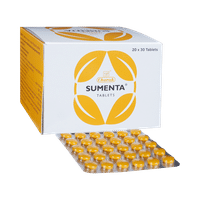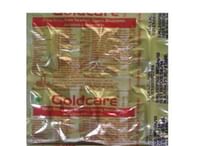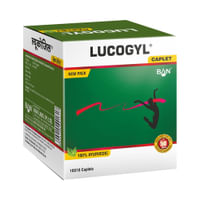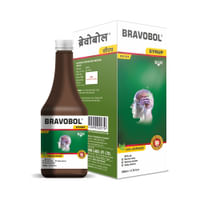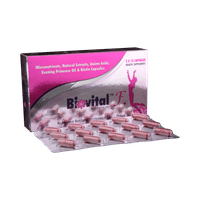Spenzo Depot 40 Injection
Rs.375for 1 ampoule(s) (2 ml Injection each)
food interaction for Spenzo Injection
alcohol interaction for Spenzo Injection
pregnancy interaction for Spenzo Injection
lactation interaction for Spenzo Injection
food
alcohol
pregnancy
lactation
No interaction found/established
It is unsafe to consume alcohol with Spenzo Depot 40 Injection.
UNSAFE
Spenzo Depot 40 Injection may be unsafe to use during pregnancy. Although there are limited studies in humans, animal studies have shown harmful effects on the developing baby. Your doctor will weigh the benefits and any potential risks before prescribing it to you. Please consult your doctor.
CONSULT YOUR DOCTOR
Spenzo Depot 40 Injection is probably unsafe to use during breastfeeding. Limited human data suggests that the drug may pass into the breastmilk and harm the baby.
CONSULT YOUR DOCTOR
SALT INFORMATION FOR Spenzo 40mg Injection
Flupenthixol(40mg)
Spenzo injection uses
How spenzo injection works
Spenzo Depot 40 Injection is a typical antipsychotic. It works by blocking the action of dopamine, a chemical messenger in the brain that affects thoughts and mood.
Common side effects of spenzo injection
Sleepiness, Orthostatic hypotension (sudden lowering of blood pressure on standing), Dryness in mouth, Abnormality of voluntary movements, Weight gain, Increased prolactin level in blood, Urinary retention, Constipation, Muscle stiffness, Tremors, Injection site reactions (pain, swelling, redness)
SUBSTITUTES FOR Spenzo Injection
2 Substitutes
2 Substitutes
Sorted By
 Rs. 496.70pay 29% more per ml of Injection
Rs. 496.70pay 29% more per ml of Injection Rs. 263pay 36% more per Injection
Rs. 263pay 36% more per Injection
Expert advice FOR Spenzo Injection
- You have been prescribed Flupenthixol for the treatment of schizophrenia.
- It is administered into the muscle of the buttock or thigh by your doctor or healthcare professional.
- Use caution while driving or doing anything that requires concentration as Flupenthixol can cause dizziness and sleepiness.
- Avoid drinking alcohol while taking this medicine as it can make drowsiness worse.
- Inform your doctor if you experience any abnormal movements, particularly of the face, lips, jaw and tongue, while taking this medicine.
- It may increase your weight, blood sugar and cholesterol. Eat healthy, exercise regularly and monitor your blood levels regularly.
- Don't stop taking Flupenthixol without talking to your doctor first as it may cause worsening of symptoms.
Frequently asked questions FOR Spenzo 40mg Injection
Flupenthixol
Q. What is Spenzo Depot 40 Injection deconate?
Spenzo Depot 40 Injection belongs to a class of medication called as typical antipsychotic. It acts by increasing the amounts of chemical (serotonin), in the brain. Spenzo Depot 40 Injection decanoate is a long-acting preparation of Spenzo Depot 40 Injection for injection into the muscles, which may be given at a frequency ranging from once in a week to once in 4 weeks
Q. What is Spenzo Depot 40 Injection used for?
Spenzo Depot 40 Injection is used in the treatment of schizophrenia and other psychoses which are disorders where individuals are unable to distinguish between what is real and unreal, think clearly, manage emotions, relate to others, and function normally
Q. Why is Spenzo Depot 40 Injection banned?
Spenzo Depot 40 Injection in combination with melitracen is banned in india due to safety concern













